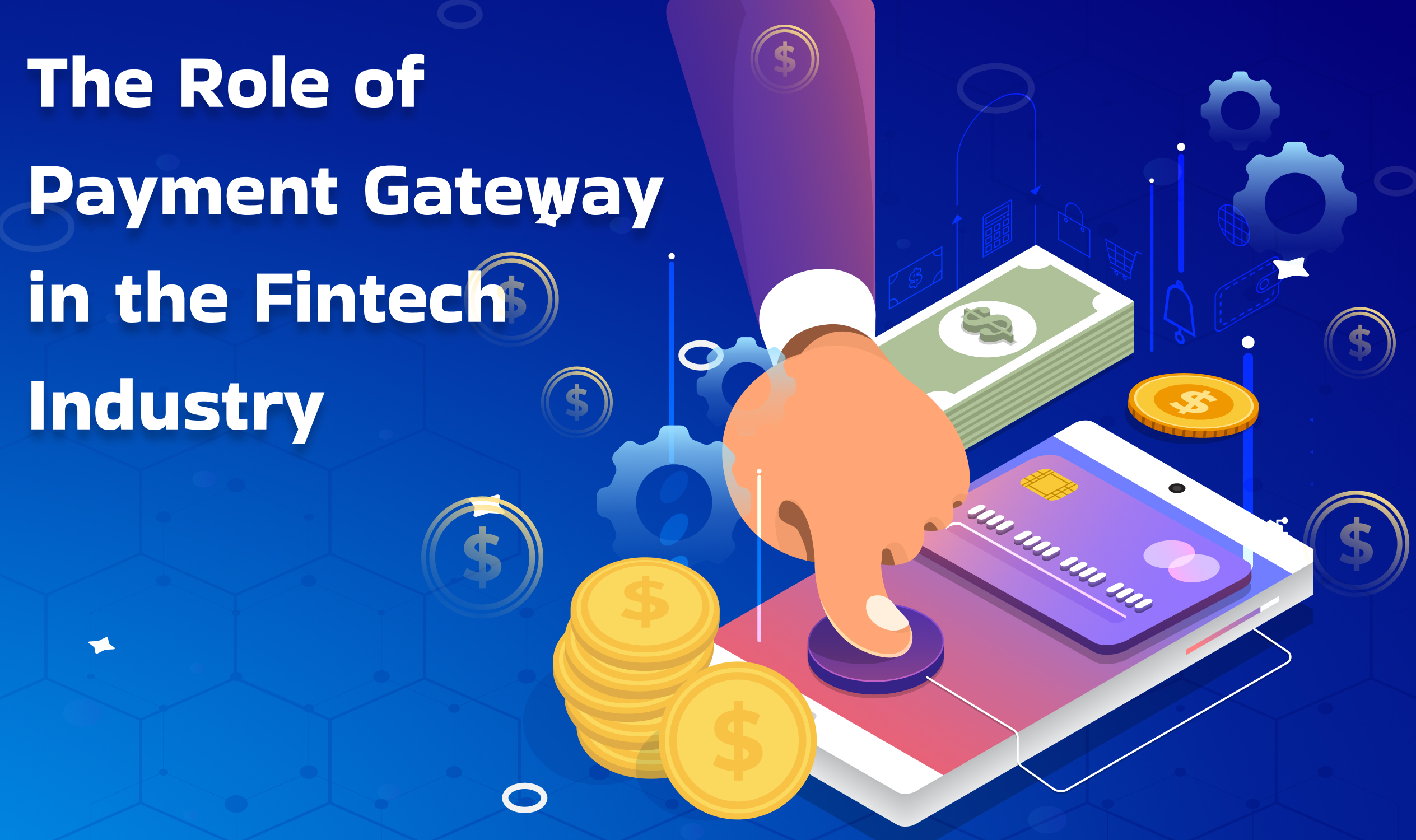Payment gateways are the real champions behind every digital transaction we make. They quietly power millions of daily transactions, ensuring that online payments are secure, accurate, and efficient. But their role is growing beyond just moving money. Today’s payment gateways also help detect fraud, support multiple currencies, offer mobile payment options, and even create a smoother checkout experience.
For both businesses and customers, they make life easier and safer in the fast-paced world of online payments. So, whether you're a small business in the UAE or a customer shopping from your phone, knowing how payment gateways work helps you stay confident in every digital transaction.
On top of that, they offer mobile payment options and seamless integration with digital wallets like Apple Pay, Samsung Pay — giving users the freedom to pay however they prefer. From reducing cart abandonment with faster checkouts to providing flexible payment methods, payment gateways play a big role in shaping positive user experiences.
Understanding Payment Gateways:
A payment gateway is like a digital middleman. It connects merchants and payment processors. When you buy something online, the gateway securely sends your payment info to the bank. The bank then approves or denies the transaction. It acts as a shield, keeping your data safe during the process.
The Rise of Payment Gateways in the UAE (2020–2024):
- 2020: Only 35% of SMEs in the UAE offered online payment options.
- 2021: Digital wallet usage jumped by 45%, pushing businesses to adopt mobile-friendly gateways.
- 2022: Over 60% of eCommerce transactions were processed through secure payment gateways.
- 2023: 70% of service-based businesses switched from manual invoicing to digital payment links.
- 2024: Fraud prevention features in gateways helped reduce online payment fraud by 40%.
- Overall Growth: Online payment adoption grew by 85% across industries between 2020 and 2024.
Types of Payment Gateways:
There are a few kinds of payment gateways:
- Hosted Payment Gateways: These redirect you to a third-party site to enter payment details. PayPal is an example. Easy to set up, but less control over the customer experience.
- Self-Hosted Payment Gateways: These keep customers on your site during payment. More control, but you're responsible for security.
- Direct Post Payment Gateways: These allow you to collect payment info directly on your site. Then, they send it to the payment processor. Requires high security standards.
Key Considerations When Choosing a Payment Gateway:
- Security: Robust security measures, including PCI DSS compliance and advanced fraud detection capabilities, are paramount to protect both your business and your customers.
- Supported Payment Methods: Ensure the gateway supports the payment methods preferred by your target audience in the UAE, including major credit and debit cards, popular digital wallets (like Apple Pay, Samsung Pay), and local payment schemes.
- Multi-Currency Support: If you cater to international customers, the ability to accept and process payments in multiple currencies is essential.
- Ease of Integration: A seamless integration process with your existing e-commerce platform or website is crucial for a smooth setup. Look for gateways that offer APIs and plugins for popular platforms like CS cart, WooCommerce, and Magento.
- Transaction Fees: Understand the transaction fees, setup costs (if any), and any other charges associated with the gateway. Compare pricing structures from different providers. When evaluating options, businesses often look for the best payment gateway in UAE that balances cost, features, and local support.
- Customer Support: Reliable and responsive customer support is vital in case you encounter any issues or need assistance. Look for providers with local support in the UAE.
- Additional Features: Consider features like recurring billing, subscription management, invoicing tools, and reporting capabilities that might be beneficial for your business
Read more - https://foloosi.com/blogs/The-Complete-Guide-to-Using-Foloosi-Point-of-Sale-Efficiently
How Payment Gateways Built the Fintech Ecosystem ?
Payment gateways didn’t just help with smoother payments—they actually built the foundation for fintech to grow. Here's how:
1. Boosted Trust in Online Payments
Security is the #1 concern in online payments. Gateways use tools like SSL encryption and tokenization to protect sensitive card data. Thanks to them, even cautious users now trust digital payments.
2. Enabled E-Commerce Explosion
You can’t have an online store without a way to collect money, right? Payment gateways allowed small businesses and large brands alike to sell online, accept card payments, and grow internationally.
3. Connected Banks and Tech
Banks used to be slow and rigid. Fintech brought speed and creativity. Payment gateways acted as a bridge between traditional banks and modern apps—helping both sides work together.
4. Made Financial Services More Inclusive
In remote areas, many people don’t have easy access to physical banks. But with mobile apps and payment gateways, they can now pay bills, shop, and send money using just a phone.
5. Introduced Smart Features
Modern gateways do more than just process payments. They offer dashboards, fraud detection, recurring billing, currency conversion, and even AI-powered analytics. It’s like having a mini bank built into your business
Conclusion:
Payment gateways are essential in the fintech world. They enable secure and efficient transactions. They drive innovation. Plus, they promote financial inclusion. They have a huge impact. Payment gateways will continue to shape the future. The Best fintech industry is going to keep changing and evolving. Payment gateways will play a critical role.
Get started with Foloosi today and take your business to the next level with fast, secure, and reliable best payment gateway in the UAE.
